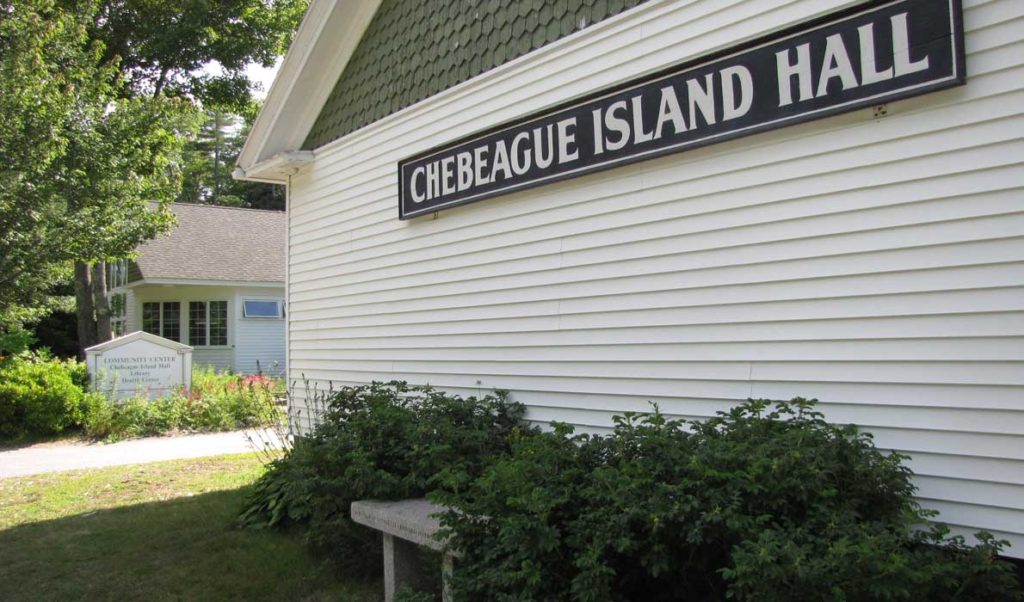It must have been six years ago now that this paper made a concerted effort to add Washington County content. I recall raising grant funds to make it possible. The thought back then was that Washington County coastal communities shared a great deal in common with the island and remote coastal communities elsewhere in Maine.
A newspaper, to me, is a kind of identity project. The voices amplified, stories told, issues debated are a reflection of who we are as a coast. A newspaper also calls into question concerns about who we are becoming. The stories told remind us of our values and how they are changing. It only seemed logical to make sure that we clearly include Washington County coastal stories in this discussion.
Early on, I approached the work as part of an effort to learn about our similarities as a coast, but what I’ve come to realize is how important the differences are, too.
Yes, we share many issues. We share aging demographics. Our schools are constantly under threat as we struggle to attract and retain young families. Our working waterfronts are converting to recreational uses. The future of fisheries and tourism play an outsized role in the future of our community economies, as does the availability of broadband and the cost to heat our homes. We view our arts and cultural institutions as essential to the success of our communities. Conserved lands dominate remarkably beautiful landscapes. Drug addiction plagues our communities.
Four days spent back-to-back in Lubec and then on Chebeague Island revealed that those differences are just as important to understand.
Some of the disparate characteristics I observed during those visits include:
* Passamaquoddy tribal leadership is critical to the Washington County coast.
* A ferry commute from Chebeague offers access to professional jobs in the greater Portland area.
* The sheer magnitude of philanthropy available southwest of Mount Desert Island isn’t as readily available Downeast.
* There are roughly two dozen organizations working with children in Washington County to provide basic services and break the cycle of poverty.
* Chebeague has nearly as many non-profits for 350 residents. Many of these organizations care for beautiful community institutions that enrich island life.
How do we relate across our differences? That was the question posed by one of the impressive student speakers at the College of the Atlantic graduation in early June. I can’t think of a more appropriate question for the times we are in, where choosing sides seems to be more important than relating to one another.
Story-telling, as done in this paper, is one way that we begin to relate to each other across our differences. An openness to learning from one another, and sharing what works and what doesn’t from place to place is critical.
For example, the lack of broadband infrastructure is seen as a major problem all along the Maine coast. Chebeague Island residents had created their own network to solve the problem, but was having difficulty affording the constant upgrades needed to stay current with the speeds required to motivate economic development in the community. Axiom Technologies, based in Machias, had developed solutions for Washington County for similar reasons. Chebeague and Axiom are now working together, sharing what works from Washington County to the island off of Portland. In fact, Axiom now runs Chebeague’s broadband network.
The work of practical problem solving, of moving a solution from the Washington County coast to an island off of Portland, starts with story-telling and relationship building. The stories of Chebeague.net and Axiom have been well documented in The Working Waterfront. These stories evolved to technical solutions that have been modified and replicated as they moved from one place to another.
This paper is a key element of our efforts to share what works. In the near future, we will be launching a “what works” web platform built specifically to inspire and shares solutions.
We have a lot to learn from each other along the coast. A rising tide will float all our boats if we are open to celebrating our similarities and our differences. Please enjoy this paper knowing that it is an important element of that work.
Rob Snyder is president of the Island Institute, publisher of The Working Waterfront. Follow Rob on Twitter @ ProOutsider.





